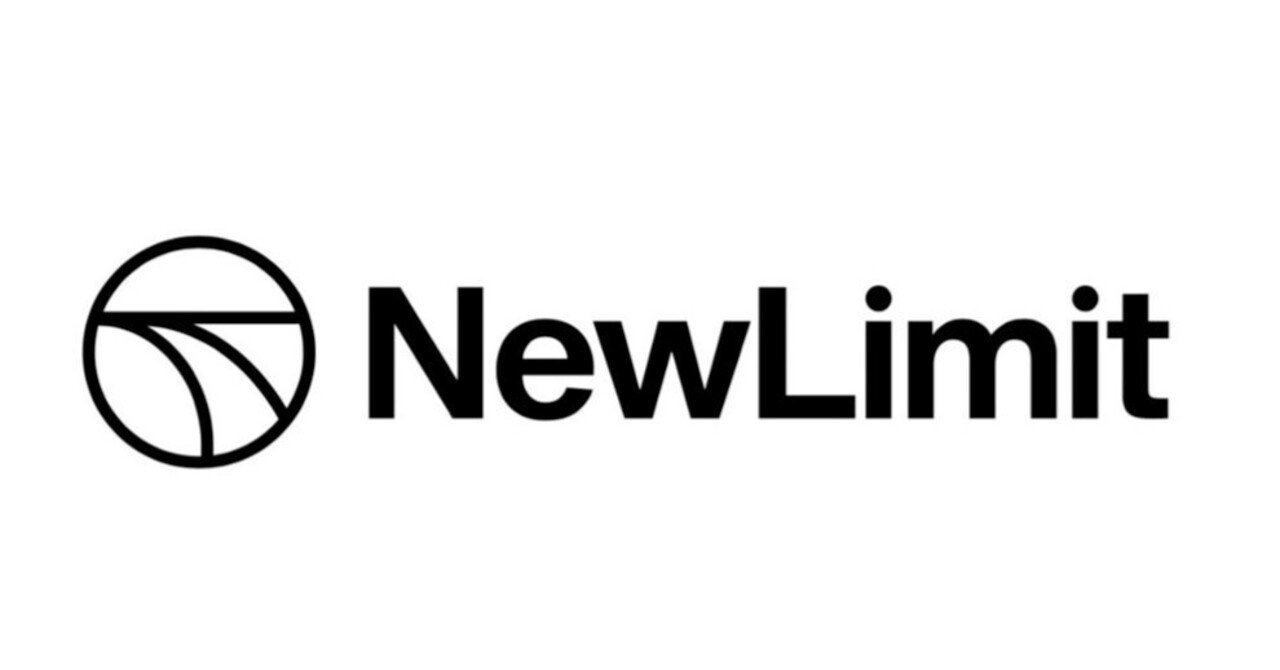
Organization Description
NewLimit says their “20-year ambition is to significantly extend human healthspan. We are developing epigenetic reprogramming medicines for diseases of aging as stepping stones to that goal. Our first programs are restoring youthful function in the aging liver, immune, and vascular systems.” In previous years, they had pointed to ocular disease as a likely early indication.
The company describes its discovery process as a kind of high-throughput screening for epigenetic reprogramming: “In each experimental cycle, we deliver thousands of unique reprogramming factor combinations to cells, profile cells with single cell multi-omics, and use machine learning models to infer how reprogramming impacts function. We then validate the most promising interventions with a suite of functional assays.” They are looking for “combinations of [transcription factors] – payloads – that make old cells “look” and “act” young based on their gene expression and functional performance. We believe these reprogramming payloads could make powerful medicines for diseases of aging caused by the decline of a specific cell type. We are focusing our initial work in hepatocytes, T cells, and endothelial cells with specific indications in mind as we iterate towards more general-purpose medicines for the broader population.”
In a January/February 2025 Progress Update, the company announced that it had identified three (or three additional?) transcription factor sets that demonstrated efficacy in animal models of liver disease, and eleven (or eleven additional?) transcription factor sets that restored youthful function in aged T cells. Two of their TF sets both restore a more youthful ability of hepatocytes from old animals and improve the cells’ survival when damaged. One or more of these combinations increased survival in a mouse model of alcoholic liver disease.
In a May/June update, NewLimit, the company seemed to repeat the same information as if new, focusing specifically on a combination dubbed M0004. In a July/August update, they reported two (or two additional?) “prototype medicines with efficacy in preclinical models of liver disease” (it is not clear what distinguishes “prototype medicines” from TF combinations), additional TF combinations for hepataocytes and T-cells, a “1.12X improvement in real discovery rates from reprogramming AI” (it is unclear what qualifies as a “real” discovery), and their first payloads with translational chemistry and screens in endothelial cells.
NewLimit launched with $105M in committed funding from the founders for the first two to three years of operations, with additional capital available contingent upon reasonable progress. In May 2025, the company announced that it had raised $130 million in Series B funding, led by Kleiner Perkins alongside NFDG, Khosla Ventures, Human Capital, and others. Additional prominent investors include Founders Fund and cofounder Brian Armstrong, the cofounder of the cryptocurrency exchange Coinbase.
In October 2025, NewLimit announced that they had raised a further $45M on a $1.62B cap from Eli Lilly, Duke Management Co, Section 32, insiders including Kleiner Perkins and Human Capital, and others. The blog post states that “This round was propelled by new technical breakthroughs following our Series B that set the stage for our first clinical study in a few years.”
The company says it is committed to producing products over papers, using clear and apolitical communication, focusing on safety rather than speed, and engaging in optimism and independent thinking.
